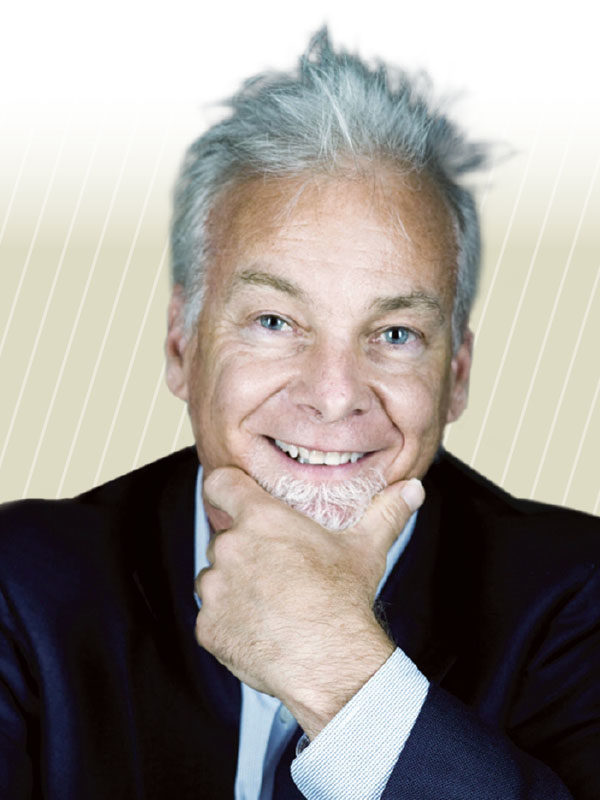His bike’s collision with a car in 2003 changed Ged Moody’s life.
“At that moment, seeing my life from the outside looking in, I began a slow transition away from the corporate world,” explains the sustainability director of Appalachian State University, Boone, North Carolina.
After his recuperation, he relinquished his career in health care and information technology, eventually pursuing a master’s degree at Appalachian State, a part of the University of North Carolina system. “I arrived on campus as a nontraditional-age student and studied renewable energy,” Moody says. “In the year between being in graduate school here and starting as sustainability director, I was a professor in the college of business.”
He found that his return to campus life agreed with him. “I grew up in Blacksburg, Virginia, where my dad worked in college athletics for 35 years. To this day, I’m a huge Virginia Tech football fan.”
You walked into a brand-new position. What were the challenges?
When I first started, many around campus thought of sustainability merely as environmental. I worked to broaden the definition. When I talk about a sustainable culture, I’m looking at 50- to 100-year cycles for systems that are economically, socially, and environmentally sustainable.
I was fortunate because Appalachian already had a lot going on with sustainability, even though much was of a volunteer nature. My challenge was to institutionalize the movement, making it part of our institutional culture and fabric.
What are the hot issues in sustainability?
Second-order change. Bringing about change that takes people out of their comfort zones. First-order change is, “We’re going to replace a bunch of light bulbs to save money, and in 18 months we will have a payback.” But if we look at daily actions or patterns of business, people start to get uncomfortable. We have to rethink jobs and change behaviors.
How can business officers keep sustainability efforts affordable?
There is a lot of money to be saved in efficiency. We need to make those efficiency dollars available for other sustainability programs. We can’t just cherry-pick items and say the rest are a burden on the bottom line.
Instead of creating a central budget for sustainability that stands out like a sore thumb, institutions should ask each business unit to adapt sustainable practices in their way of doing business. We have to grow into these changes, not seeing them as an expense, but as the new normal. It’s what the students demand of us.
How can institutions improve their sustainability efforts?
By lifting the sustainability function out of the physical plant operation. Having it be a stand-alone office allows it to operate with objectivity. If I worked inside of that operation, I could not be as aggressive—or progressive. I report directly to the CFO, with a dotted-line reporting relationship to the provost. Connecting the sustainability office directly with the CFO and chief academic officer gives me great latitude to do my job and sends loud signals to our campus community about the importance of this effort.
If you could change one policy at your college, what would it be?
Make managers accountable for sustainability measures. For example, the university’s carbon footprint ought to be part of a building manager’s annual evaluation. We create these sustainability metrics that have far-reaching consequences, but only make the sustainability office accountable for them. There’s a disconnect between accountability and authority.
What gives you the most satisfaction in your work?
Working with students. They are so invested. I’m always amazed when I sit with students and learn where I need to be. We believe that graduating sustainability-aware students is like graduating an IT professional back in the ’80s. These are critical skills that the future demands. Our students will go out and change the world.
MARGO VANOVER PORTER, Locust Grove, Virginia, covers higher education business issues for Business Officer.



